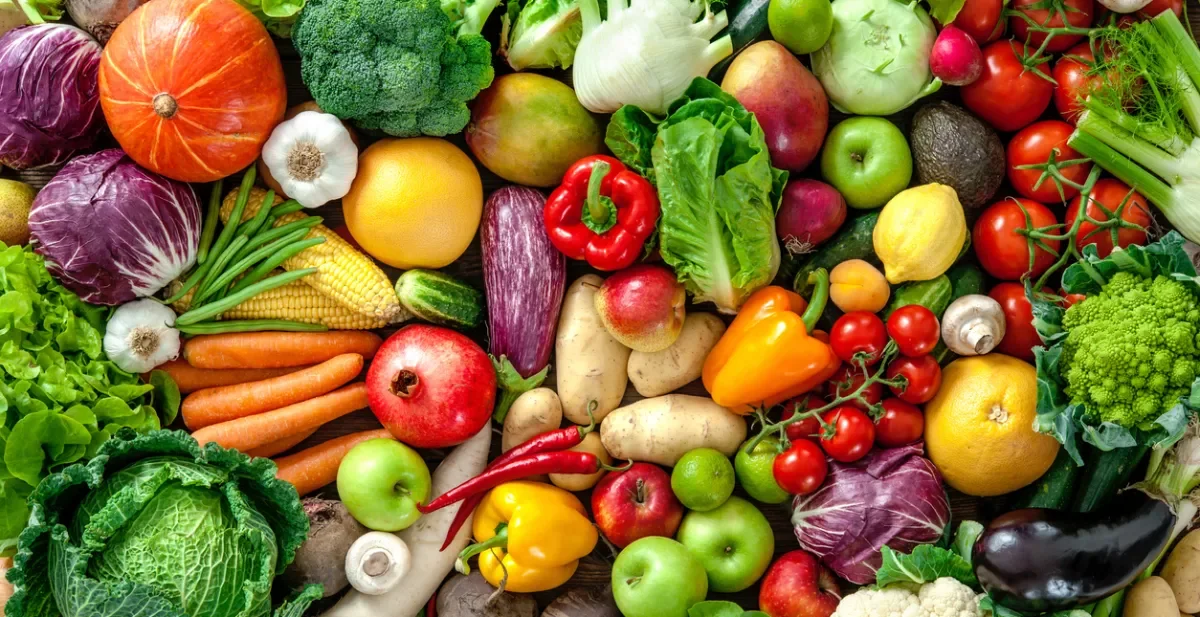

Good nutrition during Covid 19
Mark Germaine, Research Assistant at the DCU School of Health and Human Performance and Performance Nutritionist with Dublin GAA hosted this afternoon’s broadcast.
Mark took the time to answer a long list of nutrition questions sent in by our viewers and provided some super points for maintaining a healthy and balanced diet during the Covid 19 restrictions.
Here are some of the key takeaways from today’s session:
Make your own healthy snacks
Right now people are finding that they are snacking quite alot, more so out of boredom than hunger.
One of Mark’s tips to try and stay away from some of the sweet snacks is to try and create small barriers to keep you away!
For example, storing the chocolate on the top shelf versus leaving fruit snacks in an accessible area.
Also, why not make up your own snacks instead of buying them. Not only will you know what is in your snacks but you can have some fun in the kitchen too!
Healthy breakfasts
Try and kick off the day the healthy way! Breakfast is one of the most important meals of the day and why not mix it up a little.
Mark’s favourite was healthy pancakes, combining oats, bananas, greek yogurt and fruit.
Also, try and focus on getting protein into your breakfast- by combining dairy, egg, wholegrain fibres etc such as scrambled eggs on toast, avocado and smoked salmon.
Best carbohydrates for training days
If you are engaged in a heavy training schedule the advice was to stick to your complex carbohydrates on these days- such as wholegrain rice, pasta, high fibre ingredients. Ideally, try and eat this meal three hours beforehand.
It is not always possible with busy lifestyles, so try and get small snacks in and proteins too, such as greek yogurt, fruit.
What to eat before a morning work-out
It all depends on your own personal preference and factors such as how long you are up before you start training etc.
If you want to eat something beforehand, but don’t have much time, then why not try a quick smoothie combining greek yogurt, milk, blueberries.
How much coffee is too much ?
One viewer found that their coffee intake had increased daily. In relation to the question about how much coffee one should have per day,
Mark responded that it all depends on your own personal tolerance.
Depending on what time you go to bed, it would be important to have a cut-off point. For example, if you have a cup of coffee at four pm it will still be in your system six hours later and can impact on your sleep.
Intermittent fasting
A viewer asked for comment on the whole area of intermittent fasting.
The approach is that people have their meals within a specific time frame, for example 16/8- fasting for 16 hours and eating main meals during an 8 hour window.
According to Mark, it can help people manage how much food they are eating.
If it suits your lifestyle, then it is something that can be tried but in a healthy and balanced manner.
Chocolate milk
One of Mark's tips also related to chocolate milk, which has become a new favourite for many.
Chocolate milks packs in many of the important nutrients which can help to refuel the body after a tough and intense work-out, providing carbohydrates, proteins and good fats all in one delicious gulp!
You can take a look at Mark's Facebook LIve Q&A here
